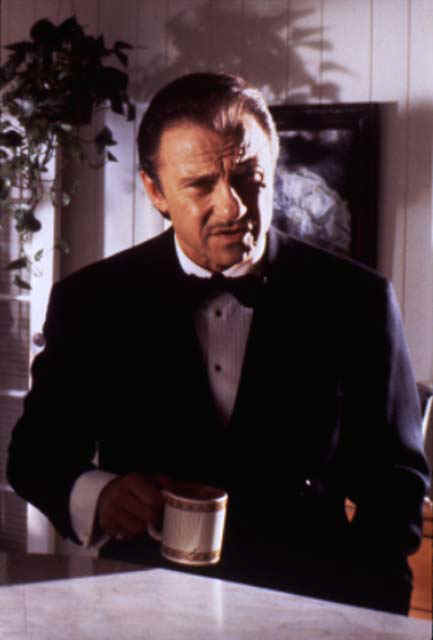Credit for sparking this one goes to fellow conspirator here Lisa Schap, but she’s unaware of what she started! Do I like Star Wars because of the characters of Luke, Han and Leia or is it more than that? Do I even need the big 3 as they’re called at all?
In a way the OT succeeds where the PT mostly does not in running at a pace that sweeps the audience along. The result of this is that their attention is kept at all times and they do not notice the weaknesses. Those weaknesses being the characters! I’m fascinated to see what happens after ROTJ because, at that point, the characters work for me, but why do they not before? Because Solo’s the cocky bastard type I tend to dislike on general principle despite the considerable charm Ford’s portrayal gives him. Organa is, in a lot of ways, your standard aristocratic type and a ‘for the cause!’ evangelist. Don’t really like evangelists either. And Skywalker? He’s the fish out of water and in over his head who eventually wises up, but he is a bit of whinger in the OT.
But to be fair, these are their starting points! The whole idea of a character development arc is precisely that – so where do they go and what changes? It should also be mentioned at this point the OT, to a degree, delights in throwing gender stereotypes into a blender and generously splattering them!
Leia is the one who thinks she knows all she needs to, her foil is Han who also thinks the same way – in hindsight, of course they were on collision course! Luke is the one who’s far more aware than both of what he doesn’t know and needs to, give the kid some credit – he’s a fast learner. Until writing this I had not considered Han and Leia as being opposite mirror images, but it’s an interesting picture – Han teaches Leia that she can have some things for herself, that it’s OK to not share them with the world, while Leia brings Han into accepting the fight for the galaxy. And Luke? His arc is one of ascension, to gaining the knowledge and confidence he needs to be doing what is expected of him.
Back to those gender stereotypes in the blender! By rights, Han should be insufferably cocky, Luke too incompetent and Leia too cold and arrogant an aristocrat. There’s times when that happens, but the OT ensures it’s isolated incidents, mostly within ANH. Instead it tends to invert a few things – Leia’s the one who tends to keep her emotions under control, where Luke doesn’t and nor is she content to sit back and be rescued – instead in ANH the terms of rescuer and rescued flip around frequently between the characters. Now it doesn’t seem all that big a deal but it was cutting edge for 1977. Later ROTJ fanned the flames of controversy with Leia’s treatment by Jabba, which remains a hotly contested debate topic: Was Leia badly treated in character terms or not? For me, there is the little matter that she strangles the fat bastard that says not.
By the end of the OT, they’re all in different places and I want to see where they go from here in contrast to the films where I do want to see changes because, all in all, don’t like them all that much! Then again, if the screenplays are known to have weaknesses, then it’s also known to be in the characters – oh and let’s not forget the dialogue! Sometimes you need a better pair of hands to go to work. In the shape of Good win and Williamson on their Classic Star Wars run and Perry’s Shadows of the Empire, there are two excellent works that I’m inclined to say handle the characters better than the films. They can examine them more closely and bring their out better aspects more effectively.
Of the trio, Luke is likely the one I like most because he’s less out-right cocky, but inclined to do some really stupid stuff if he but thought about what he was doing – case in point, the Battle of Yavin! Fly around a moon-sized battlestation that’s going to annihilate a planet, then go into a narrow trench and hit this one small spot? But that’s also what makes SW what it is, people doing insane things and getting away with it! Outwardly confident characters who think they know it all? Nah, just not drawn to, I need to see some flaws and them then being aware of them, if only so they can turn them to their advantage.
The Emperor and his second Death Star are toast, Vader’s dead too, what happens now? Can you really consider the story over? Why would you not want to see Leia as the politician she’s said to be? Why shouldn’t we see her build a new government to take over from the Empire? That was the point of the rebellion. Equally, the Jedi knights, how is Luke to revive that idea? And Han? Han gets to stay the smartarse he always was, but not an insufferable loner who thinks he needs no one.
Part 2 will look at where they get taken, what has worked and has not and if these characters are needed for an Expanded Universe at all!

